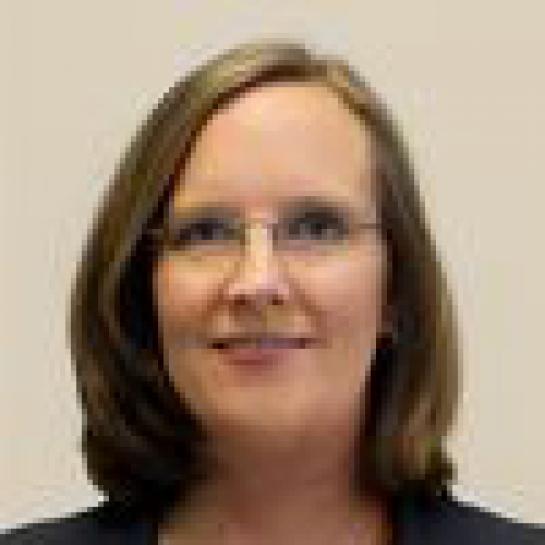
Susanne Von Itter
Susanne von Itter is the Executive Director at the European Association of Development Research and Training Institutes.
Civil Society Organisation (CSO) input “keeps academic feet on the ground, while academia has a wider perspective than CSOs, and so has more space to be creative.” This was one of the comments made in our Bridge 47 world café session at the ANGEL Network Conference on 9 and 10 May in London’s University College.
The ANGEL Network is an international network of around 400 researchers on global education. Bridge 47 offered a workshop on research and advocacy partnerships in this inspiring conference setting.
The aim of the workshop was to explore with participants from CSOs and academia how partnerships can be formed between the two, in order to advocate for global citizenship education. Participants were asked to explore how each entity can learn from and contribute to each other’s work. The Bridge 47 concept for Knowledge Exchange Partnerships will initiate three regional knowledge exchange partnerships between CSOs and academia and jointly develop a model for cooperation on topics of global citizenship education. The result will be an online course for students of all disciplines to inform them about the aims and intentions of global citizenship and equip them with the means to understand the importance of global citizenship. The regions covered are South-Eastern Europe, the Iberian Peninsula and a cooperation between Scotland, Ireland and Denmark.
Antonio Sianes (Universidad Loyola Andalucia) and Gabriel Weibl (Comenius University in Slovakia) presented on their experience on CSO-academic partnerships. Antonio Sianes told the audience that often there is good will but limited follow-through. “It’s important that NGOs and academic know each other and have follow up links otherwise no one takes responsibility.” The Bridge 47 Knowledge Exchange Partnership offer a structure to maintain such follow up dialogue.
In the second half of the workshop we broke into a world café format to have discussion groups on three questions. 1) How, specifically, can CSOs and academia enhance the impact of one another’s work? 2) Which overlapping advocacy goals can be identified for academic as well as civil society institutions? 3) What do you think are best practices or strategies to make Global Citizenship Education (GCE) attractive to both policy makers and citizens in a context when there is a negative public perception of GCE?
There were several comments around how CSOs and academics can reinforce one another. “We can build on each other’s capacity. We are not two opposing sectors.” And “We are driven by different things and the language is not the same, but we often have similar goals”.
We talked about barriers such as academics not understanding how NGOs are funded and their limitations. Researchers who work in both CSOs and academia are seen as major agents of change and an opportunity to bridge both sectors, but contributors also said that their existence comes from a place of precariousness. Independence of academia and their need for objectivity can sometimes provide a conflict for NGOs but there are also opportunities to build NGO findings into academic research and when that is published it is hugely beneficial for both. Greater systems to build and co-create research projects with PhD students are needed, but we also need to look beyond research and do activities like CSOs coming in the classroom and speaking to students. CSOs may find the student audience valuable.
Comments
ATTEND the Training
i am phD Researcher;Minstery of Education ;and intersted on Teaching sustainable development and global citizen in schools;so kindly iam looking for attend the training'
greetings from Egypt the land of civilizations;